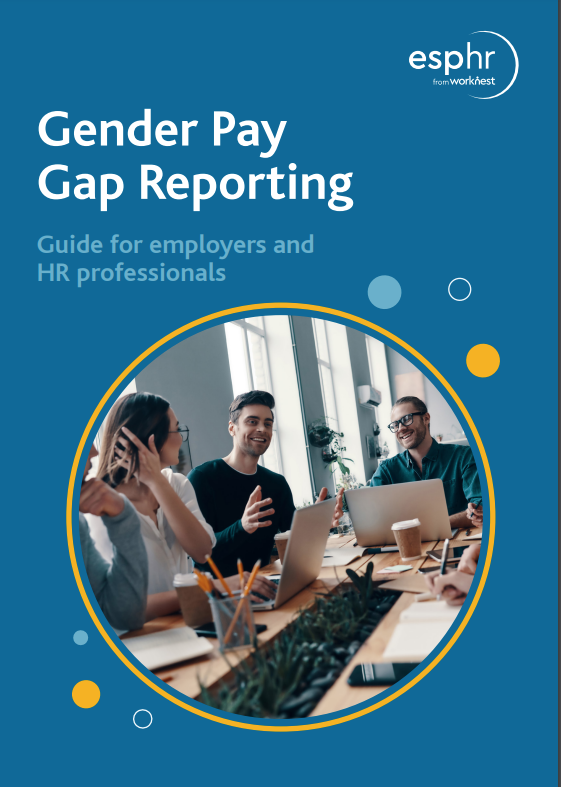The eagerly awaited Carer’s Leave Regulations are set to take effect on 6 April, 2024, introducing significant milestone in employee rights. In summary, the regulation permits employees to take up to one week’s unpaid leave to provide or arrange care for dependants with long-term care needs in each rolling 12-month period.
In this blog post, we’ll detail the key points surrounding Carer’s Leave and what employers need to be aware of.
Understanding ‘Dependant’ and ‘Long-term Care Need’
Definition of dependant: The term ‘dependant’ means the employee’s spouse, civil partner, child or parent or someone who lives in the same household as the employee (other than as boarder, employee, lodger or tenant) who reasonably relies on the employee to provide or arrange care.
Long-term care need: A dependant has a ‘long-term care need’ if they:
• Have an illness or injury (physical or mental) that requires, or is likely to require, care for more than three months
• Have a disability for the purposes of the Equality Act 2010
• Require care due to reasons connected with their old age
Flexible Leave Options
Leave duration and flexibility: Carer’s Leave can be taken as individual half or full days, up to a block of one week. The leave does not need to be taken as consecutive days.
Notice period: Employees must give notice, either verbally or in writing, equivalent to the greater of (i) twice as many days as the period of leave required, or (ii) three days. Employers may waive the notice requirement where the other requirements of the regulations have been met.
Employer Responsibilities and Limitations
Request approval: Employers cannot require evidence in relation to the request before granting the leave. Employers cannot decline a valid request for Carer’s Leave but may postpone it where the operation of the business would be unduly disrupted. In such cases the employer must give the employee written notice of the reason for postponement and must allow the leave to be taken within 1 month.
Terms and conditions: During Carer’s Leave, employees benefit from all their usual terms and conditions, except for the right to remuneration, and remain subject to their usual obligations.
Protection from detriment or dismissal: Employees will have protection from detriment or dismissal attributable to the fact they took or sought to take Carer’s Leave.
Existing Contractual Rights
Contractual entitlement: Some employers may already provide a contractual right to leave for caring responsibilities. If this is the case employees will only be able to take advantage of whichever entitlement is more favourable to them, but they will still benefit from the protections associated with the statutory scheme.




